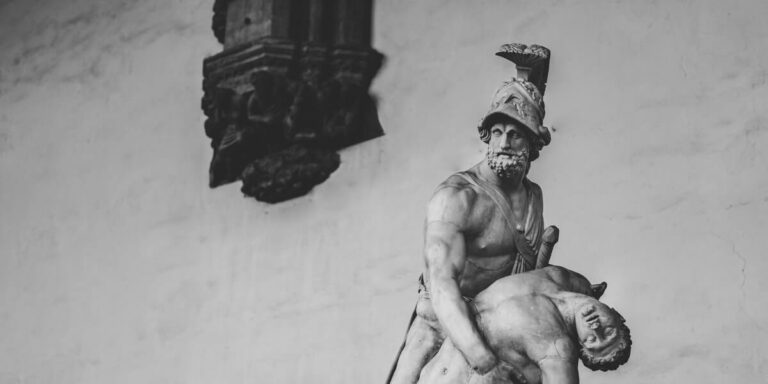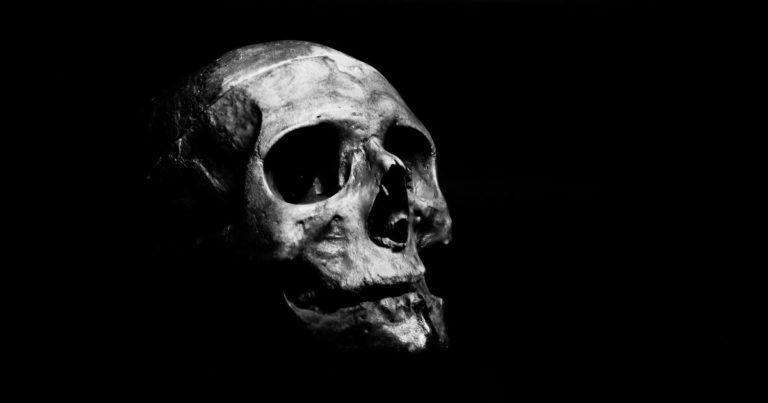On Death: Why You Should Think of Death More Often
By Warren Wong
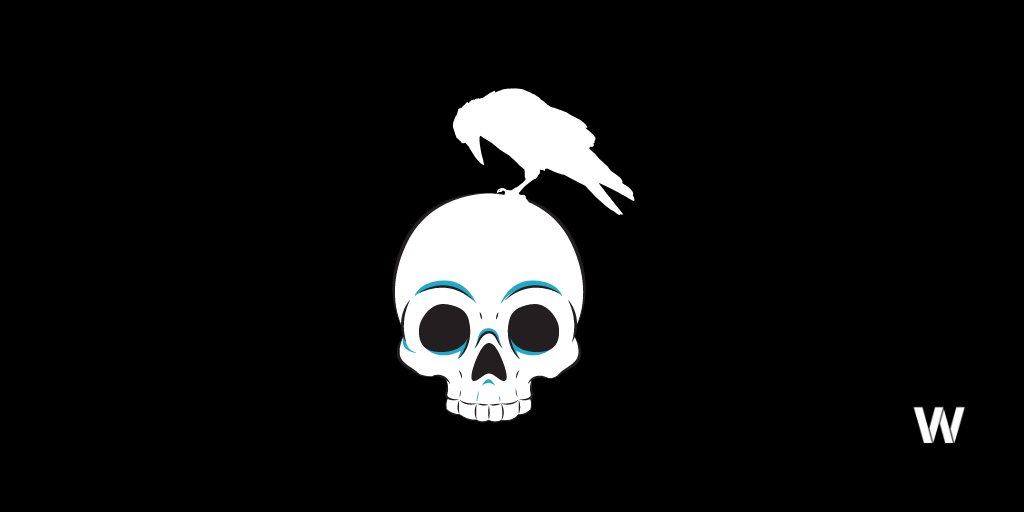
The Egyptians had mummification, removing the brain and organs, and embalming the body in order to preserve it for the afterlife. The Native American Sioux would wait a year to bury their dead, storing the body in their finest clothes inside hollow trees. Tibetan Buddhists practice sky burials where the body is left outdoors on a hilltop where birds will consume it returning the person back into the Earth and universe. Death rituals are as mysterious and magical as time immemorial.
Death is a sensitive subject, even taboo. Other than my own peculiar fascination on the topic, I see practical value in why we should think of death more often.
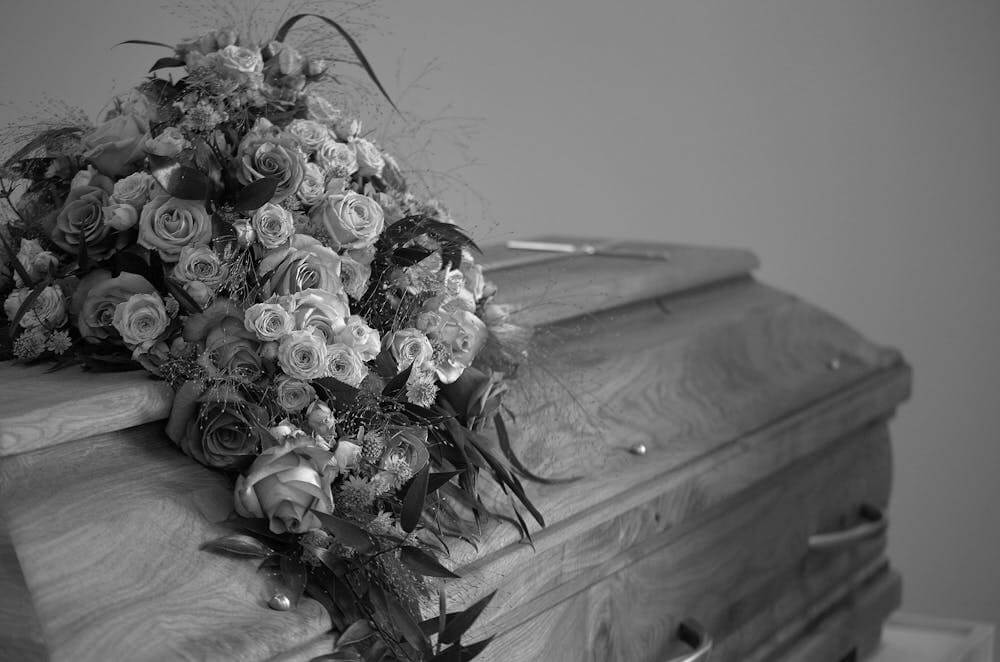
My own personal introduction to death was the passing of my paternal grandfather. I was old enough to remember it and young enough for it to make a lasting impression. Whether it was somber faces of family staring on at the funeral procession or the cremation and coffin engulfed in flames, I knew even as a young teenager, that death was nothing to be trifled with.
Stark Reminders
If one was 30 years old and lived until 85, that would leave 55 years left of life. If you visit your parents twice a year for the holidays, and considering that your parents are in their 60s, there would be roughly 25 years of time left between you, leaving about 50 more encounters with each other. If each encounter is approximately 5 days, that would be 250 days, which is less than a year’s time. Once you leave high school 90% of the time you spent with parents is over. When looking at life with this perspective, priorities shift and what’s important becomes clear. This is the power of awareness of death.
I highly recommend reading Tim Urban’s work Wait But Why, who does an incredible job illustrating this concept.
Even at a young age, I knew that death was a sobering fact of life. The passing of my grandfather led to a profound realization that time was infinite, a terrifying thought. It was as if I was running against time itself. I had imagined myself in a dream that I was on a hamster wheel, symbolic of a clock, and I was running around and around and soon I would grow tired, but if I stopped, I would perish. Everyone has a different experience when first dealing with death, mine manifested in my dreams in vivid detail.
When we’re young it can seem like we are invincible. I know I felt that way as a young hot headed teenager with an unquenchable thirst to wreak havoc on the world. The last thing on my mind was death, when at the pinnacle of youth. Is it possible to learn the valuable lessons of death, without coming face to face with death itself?
Facing Death
When faced with death it changes one’s perspective of the world. Some cancer survivors say that it was a life changing moment, that it showed them what truly mattered, and what didn’t. In the face of death, our masks fall away and our true intentions reveal themselves to us.
Death’s front doorstep is the worst place to sort out your priorities. We can’t experience what cancer survivors go through, but you can read about them, talk, and learn from them. We can contemplate upon death, to speak with those who are closest to death’s doorsteps, our seniors, and learn to live true to oneself.
However, that is the opposite of what we’re taught. We’re told that death is a taboo subject, something that is avoided in conversation as improper, as morose. Not exactly a topic for the dinner table. The time when death is brought up is usually at a funeral, when the black and white attire with matching long faces elicit grief and mourning. The typical funeral affair isn’t exactly a place to discuss the merits of death, if there are any at all. Wouldn’t it be better if we lived forever?
Thinking About Death
If we lived forever wouldn’t that make for a better story? How cool would it be to be able to experience different ages: the wooly mammoths of the Ice Age, Europe during the rise of Genghis Khan, the first moments of space exploration. Alas, science hasn’t reached the levels of our imagination. We have to settle for the average 80 years of life expectancy, which isn’t a drop in the bucket, as it was hovering around 50 in 1900 in the United States. 30 extra years is a long time, but we can’t just measure life by the absolute number of years. The quality of our lives matter too, but quality is hard to define. Does impactful mean quality? Does living healthy mean quality if you have many regrets? What if you were impactful, but didn’t have children to pass on your legacy?
Martin Luther King Jr, American civil rights activist left this world at age 39, famous composer Mozart died at age 35, and the Ancient Greek king, Alexander the Great died at age 32. Though these men certainly passed earlier than most of their peers, it would be hard to say if they didn’t live an impactful life. One enacted positive change in the civil rights of Americans forever, and another changed the landscape of Europe, the Middle East, and Asia.
The idea of a full life isn’t easy to define. It’s not as if there’s a manual for how to live life. There’s no one way to define it, since each of our lives are unique.
To me, a full life is one where you try your best to live the life you want and to leave nothing on the table. Whether or not you succeed is not always up to you, but the effort put forth is. By focusing on what you can control, you become empowered to live how you want to, and to me, that is living a full life. How that manifests isn’t determined by anyone, but you. Not society, not your parents, not anyone.
The opposite of living the life you want is to accept what you’re given, to drift on the river of life, aimlessly, without direction. I don’t believe this is good nor fulfilling, because there is something to be said about fighting for what you desire – to struggle is to be human. Buddha said that life is suffering. The very act to be alive is to fight. If we are to fight, we might as well fight for something that is meaningful to us. Yet, many of us are caught up in the daily struggles of life and forget that truth. It’s only when we brush up with death do we open our eyes. Death reminds us that the clock is ticking, that there’s a delicate urgency in matters that are most important to us.
Urgency of Time
The fact that there is death should be a powerful motivator. Without it, there is no urgency to do anything, there would always be a tomorrow. Tomorrow, I will start that book. Next year I can start that project. I have plenty of time. Alas, we don’t, time moves ever so slowly, and then all at once. What death provides is an unknown point in time when our world comes to an end. We have a general idea of when that is, but that doesn’t always come to pass.
The average life expectancy doesn’t apply to all of us. There’s a sense of comfort thinking that we’ll live to our 80s, but statistically many of us will succumb to illness, disease, and accidents earlier than that.
While I was serving in the military, one of the difficult duties I had was to provide support for service member casualties, both combat and non-combat related. It was on a fateful summer day in San Diego when all was quiet and the funeral procession for the operators killed in action were to be received and honored in front of the command, family, and friends. As the sun set alongside the beautiful coastline of the Pacific Ocean, Taps was called. As I stood in formation, listening to the sound of the bugle, the distant sound of mothers weeping for their sons sent a deep shiver down my spine, one I’ll never forget. These men were friends, peers, and close to my age. They taught me an invaluable and unforgettable lesson, that death is always close by, you never know when the grim reaper is coming for you, so live accordingly.
As morose as it sounds, death serves as a powerful reminder of our mortality and that time is limited, and what we choose to do with it is entirely up to us. Ultimately, there are no wrong choices on how you spend your life, only that you do so with both eyes wide open and hands on the driver wheel.
Time, A Balancing Act
Roman Emperor and Stoic philosopher Marcus Aurelius on death, “It is not death that a man should fear, but rather he should fear never beginning to live.” It isn’t the amount of time alive that we should strive for, but how we live it. The quality of our life, what we set out to accomplish, and the positive impact we leave on the world all count for something.
Finding the balance between living as if you’ll die tomorrow and that death is far away is a delicate one. Don’t live your life as if you’ll die tomorrow because surely it will lead to poor choices. And, if you choose to live as if death is some far off distant event you will inevitably be met with regret and disappointment, because “someday” is a dangerous way to think.
Near death experiences serve as a poignant reminder of our mortality. It grabs hold of us and shakes us to our very core and delivers a powerful message: you are mortal and you can die. Those who have had near death experiences usually report it changing their lives. They realize what’s truly important and what isn’t. Most commonly they realize that money isn’t as important as they thought, and that chasing their passions, spending time with friends and family, and exploring the world is. In the face of death, our self-imposed shackles fall away and we choose to live more authentically.
Not all of us will have a near death experience, but conscious awareness of death will certainly serve as a reminder to live true to ourselves. When I remember those fallen service members they remind me that time is limited, that I should take advantage of each day, and be grateful. When we practice daily gratitude, we begin to appreciate what we have, and the frivolities of life fall away.
Awareness of death comes in many forms. For some it will be friends or loved ones passing away, for others it can be talking to our elders. Elders in our society don’t elicit the same respect and reverence as they should. Elders of Ancient Rome were respected for their wisdom and experience, oftentimes, serving in high positions in court and at the head of the family.
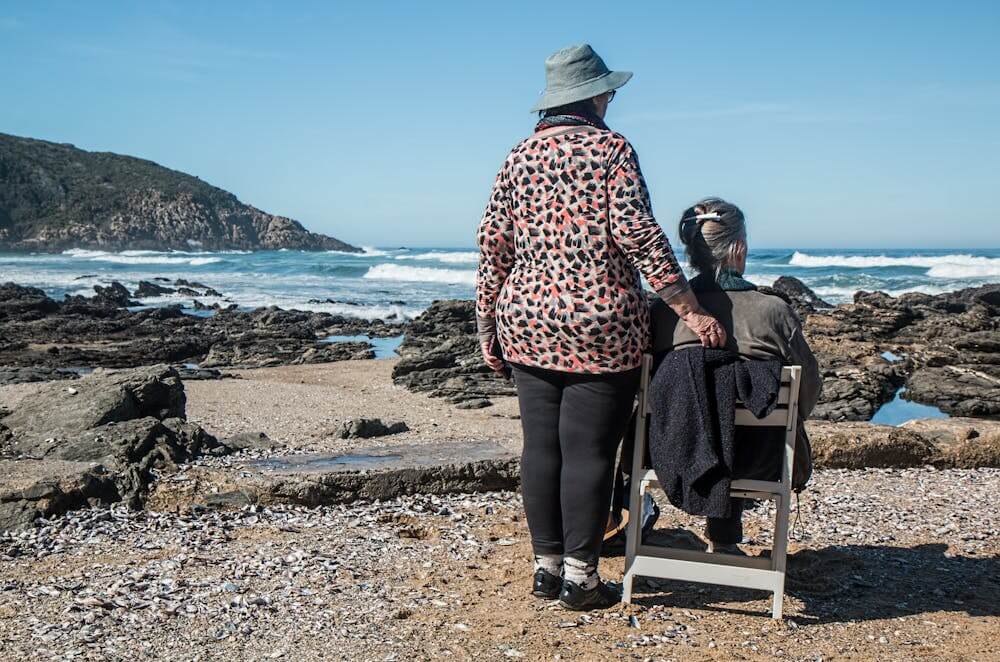
Speaking to our elders provides us a glimpse of our own future. They were just like you and I, they made mistakes, loved, experienced loss, and have regrets. They usually have immense wisdom that they would love to pass on, so it would be wise to listen, on the off chance to not repeat the same mistakes.
Conclusion
Life is beautiful because there is death. Just as the petals of a tree fall from its leaves during Autumn, the bloom of Spring is one of life and renewal. Life and death have a delicate balance. Our mortality isn’t measured by the amount of time you have, but what you do with it.
Rather than fearing death, we must remember to live true to ourselves, so that when we reach death’s doorstep, we welcome it with open arms, as we’ve lived a full and rich life.


